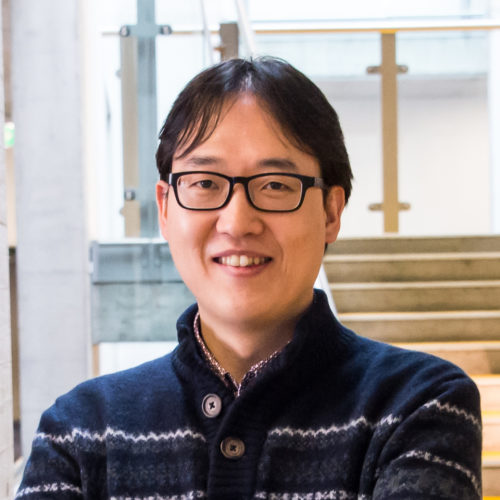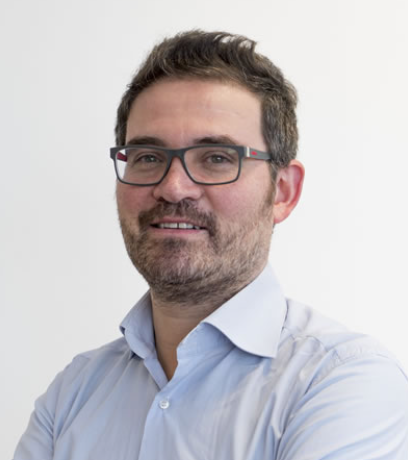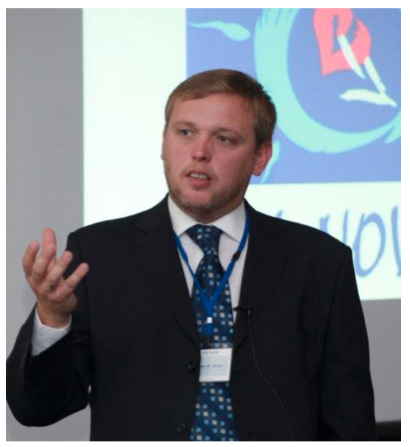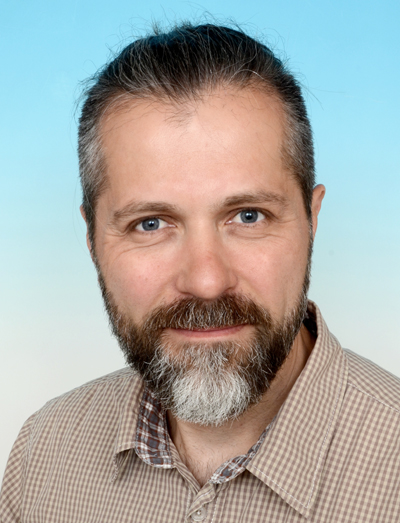Keynote Speaker

Bon-Kyoung Koo (IMBA, Vienna, Austria)
His research group focuses on homeostatic regulation of stem cells, particularly on gastro-intestinal stem cells.
His research adresses important questions:
- How do adult tissue stem cells regulate the ratio between stem cells and specialized, differentiated cells during homeostasis?
- How do adult tissue stem cells respond to tissue damage and restore homeostasis?
We are learning that regeneration is tightly controlled by complex molecular signals. Specifically, negative feedback regulation via post-translational control of proteins plays a crucial role in maintaining adult tissue integrity as well as adult stem cell activity.
By studying the cellular and molecular behaviour of intestinal and gastric adult stem cells during homeostasis and following injury repair, we hope to answer these outstanding questions.
Lab webpages: https://www.imba.oeaw.ac.at/research/bon-kyoung-koo/
Invited Speakers

Giancarlo Forte
His research interests are mainly focused on the interaction between tissue-specific cells and the extracellular matrix, with special attention to the mechanobiology of stem cells as determinants of aging diseases. His group adopts a multidisciplinary approach based on single and colony cell patterning, 3D cultures and pluripotent stem cells to generate disease models and dissect the contribution of mechanically activated pathways in aging pathologies.

(University of South Bohemia in České Budějovice, Faculty of Science)
Alexander W. Bruce
After post-docs at the Wellcome Trust Sanger Institute (Cambridge, UK) and Gurdon Institute (University of Cambridge, UK), Alexander established and is current head of the Laboratory of Early Mammalian Developmental Biology (LEMDB) in the Faculty of Science at the University of South Bohemia in Ceske Budejovice (Czech Republic). His group is concerned with uncovering the molecular basis of mechanisms of cell lineage derivation during the preimplantation developmental period of mammalian embryos, primarily utilising the mouse model. Specifically, how the blastomeres of the developing conceptus resist differentiation to retain their pluripotentcy and ultimately contribute to the epiblast, or differentiate into the supportive extra embryonic tissues of the trophectoderm and primitive endoderm, by the peri-implantation blastocyst stage. His lab also has an interest in molecular processes underlying meiotic maturation of primary oocytes. Laboratory (LEMDB) webpages: https://www.prf.jcu.cz/en/kmb/research/research-groups.html LEMDB on Facebook: https://www.facebook.com/LEMDB/

Vladimir Rotrekl
The Stem Cell and Disease Modeling research group (SCDM) builds on long term experience with human pluripotent stem cells, their cultivation and differentiation. Current focus of the group aims at use of human pluripotent stem cells to model human diseases which lead to cardiomyopathy and heart failure with special focus on progressive cardiomyopathies caused by cardiac progenitor depletion and heart remodeling due to cardiac progenitor genome instability. The SCDM uses reprogrammed human patient cells as well as human embryonic stem cells with edited genome to create models of monogenic diseases involving cardiomyopathy. The group also complements stem cell based modeling by analysis of both, animal models and human samples. The SCDM team has also developed novel technology to analyze mechanoelectrical coupling in stem cell derived patient specific cardiac syncytium based on atomic force microscope.
More speaker names will be revealed soon. For updates, follow us on Facebook